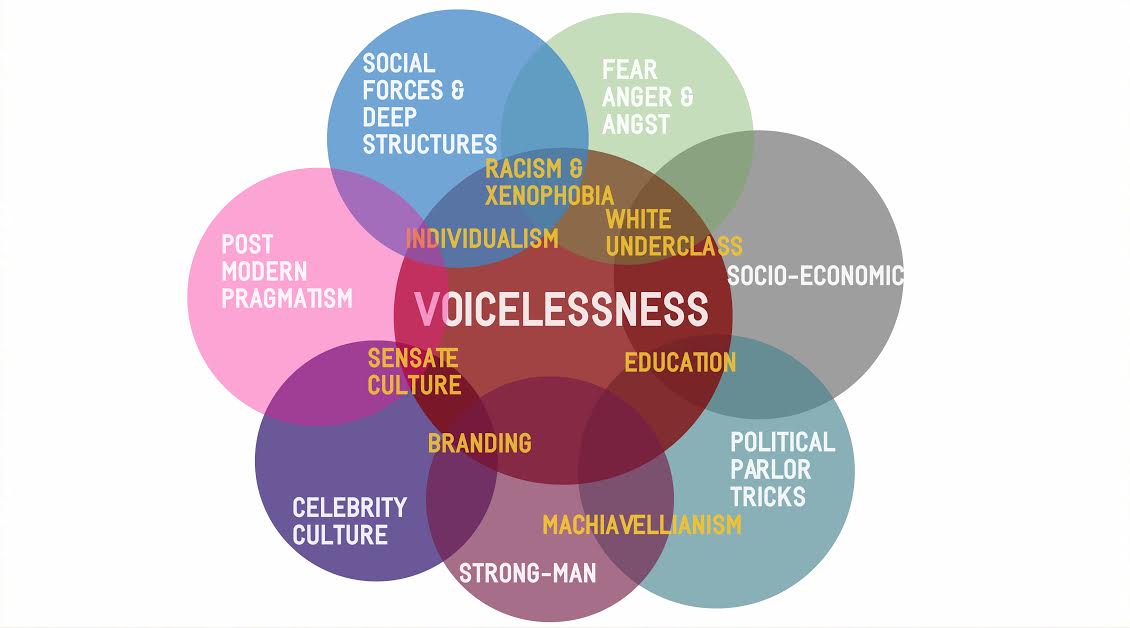Jim has been hard at work putting together this week’s Skeptic Circle. While not normally a reader, I was led to it by my habitual reading of his blog. The presentation is ingenious–we’ve come to expect from that from Jim. It makes me wonder: what happened to Smarter than I?
Login to read more
Sign in or create a free account to access Subscriber-only content.
